Farmer John Writes: The Wrong Kiss
Harvest Week 10, August 30th – September 4th, 2021
Fall Field Day on Saturday, September 18th
Shareholders–we hope you will attend our Fall Field Day on Saturday, September 18th. We will have a great crop of pumpkins and gourds for you to choose from. Learn more on our Field Day web page. Also, we just might be offering live bluegrass music—details on that soon.
U-Pick Garden
Shareholders, you are also most welcome to come pick beans, flowers and herbs from our U-Pick garden. Check details on our U-Pick Garden web page.
Crop Update
Zucchini and summer squash are done. Melons will probably end this week. Sweet corn will end next week. Lots of other crops will be available: tomatoes, peppers, eggplant, carrots, garlic, kale, leeks, onions, herbs, baby greens, head lettuce, and soon the fall crops—broccoli, winter squash, beets, kohlrabi, potatoes, Brussels sprouts, cabbage and more…I don’t think we’ve ever experienced such a bountiful crop year as this one.
The Wrong Kiss
For many years, most of the work on this farm has been done by Mexicans. It’s pretty hard to find anyone else to do the work.
I have spent a lot of time in Mexico on and off since the early 70’s. It’s a country very dear to me, so I am happy that some of the spirit and vitality of that country can be welcomed here on our farm. (Fortunately, we can now host foreign workers here through the government sponsored H-2A program. If that were not the case, I don’t know how we would be getting the work done this year.)
I recently asked a field worker here if he knew how to build fence.
“Yeah.”
“From where, Mexico?”
“Yeah, we’d go into the forest and make posts out of trees, the straight trees.”
“With an axe?”
“Yeah.”
“Your family’s forest?”
“Everyone’s. It belonged to everyone. Everyone could go there to get what they needed. But not anymore. The Mexicans who moved to the U.S. stopped it.”
“How could they stop it?”
“They make the police in our town give tickets to people who go into the forest. They decided the forest is theirs.”
“So that’s a lesson they learned by coming to the States…oh, my. If we get burros here,” I continued, “we’ll need to build a fence. You had how many burros in Mexico?”
“Five.”
“Did you ride them?”
“Mostly we just used them to carry corn and wood home from the places we could not reach any other way.”
“Did they have names?”
“Just Burro.”
The field worker’s name is Pollo. He’s not only a field worker…he’s also our main machinery operator and our main carpenter. It’s not easy to write about Pollo—he’s vast; he’s cosmic; he’s enigmatic; he’s insightful, wise, intuitive, and unassuming. He seems to have a photographic memory. He’s careful, deliberate, steady, a quiet leader. I marvel at Pollo pretty much every day. He has been working on the farm for 22 years.
Every few years, I ask Pollo an important question, such as “What’s your thinking about God these days?” or “Do you believe love exists?” or “Do you believe in reincarnation?”
To the reincarnation question, he said recently, “is that when you have more than one life?”
“Yes.”
“I’m not sure. I know that sometimes I need to do something that I have never done before, and I know how to do it. Where did that come from?”
Often, people who hear me refer to him as Pollo think that some disparaging, culturally insensitive name has been assigned to him, since Pollo means chicken in English.
“How’d you get your name, Pollo?” I asked recently. It had probably been 8 years or so since I had last asked him. I wanted to refresh myself on the details.
“There was a homeless guy in my town. Everyone called him Pollo. He roped plastic bottles to his body and carried all his possessions in his bottles. When I used to hunt, I would do the same thing, rope bottles to myself and carry my ammunition and my food that way. I also strapped a flashlight to my head, just like Pollo did. So, people called me Pollo, too.”
“Do you like the name Pollo?”
“Yes.”
In the early 2000’s, I visited Pollo’s town in Guanajuato. Its name is La Luz.
It seemed more like I was visiting the town in the early 1900’s.
Men in huge sombreros sat on the sidewalks, leaning against ancient adobe storefronts. They studied me curiously as I slowly drove by, nodded, sang “Adios!” into my open car window.
I was warmly greeted by Pollo’s parents and his wife, Carmella. They showed me around their farmstead, which was situated at the outskirts of the town. I met their chickens and their burros. I saw their treasure of ear corn in a room in their home, piled high and proud and golden.
That evening, the family had an impromptu fiesta for me in a nearby grove of trees. Pollo’s wife took on the role of hostess. People from throughout La Luz came to the fiesta, stared at me, smiled, laughed. No one spoke English. I knew almost no Spanish.
After the fiesta, I prepared to say goodbye. I went to kiss Carmella on the cheek. Her look became increasingly alarmed as my lips neared her cheek.
I had been living an hour and a half away in San Miguel de Allende—a cosmopolitan Spanish Colonial town that drew people from all over the world, a town where people greet and depart one another with a kiss to the cheek, maybe both cheeks, sometimes a third kiss, sometimes even a 4th. Sometimes the cheek is just grazed by the other person’s cheek, so it’s not always a kiss. But sometimes the cheek receives a cute, quick little smooch, which is common in San Miguel.
Carmella began to turn her head away from me. The villagers were watching. I am so used to the kiss on the cheeks. Should I stop my trajectory? Should I continue?
Carmella turned her face more and more away from me. Perhaps it was simply habit, but I kept going in. My kiss landed on her ear—a smooch to her ear.
In front of the villagers, I had just kissed the ear of Pollo’s wife.
I looked around at the villagers.
They seemed frozen in their expressions, transfixed.
I nodded towards them, waved, faked a warm departing smile, slinked through the trees to my car, and headed back towards San Miguel.
Carmella now lives in nearby Beloit. I see her every so often and wonder what she remembers about my kiss to her ear.
Overheard in the Goetheanum in Dornach, Switzerland
Receptionist: “A couple times a year, someone will come in here and claim they are the reincarnation of Rudolf Steiner.”
Visitor: “What do you say to that?”
Receptionist: “What can I say?”
Warmly,
Farmer John
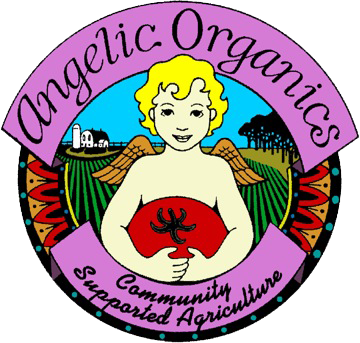
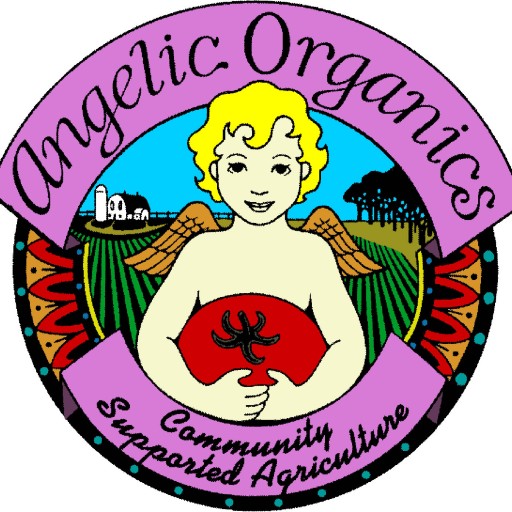
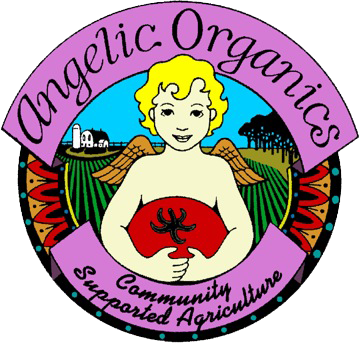
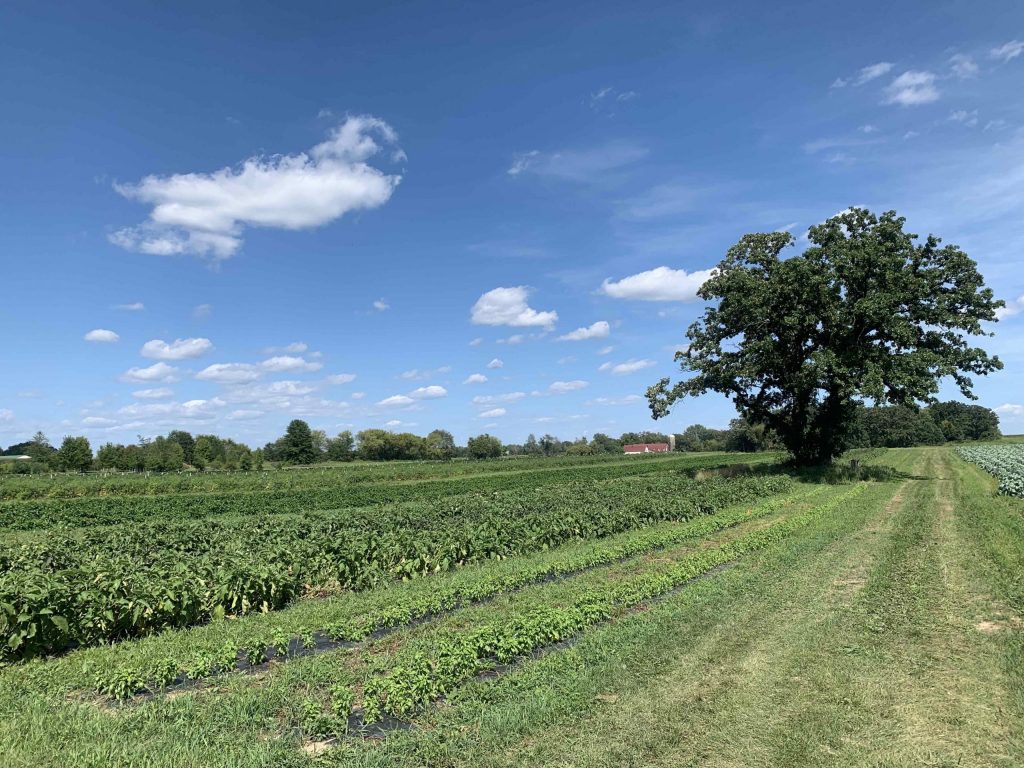
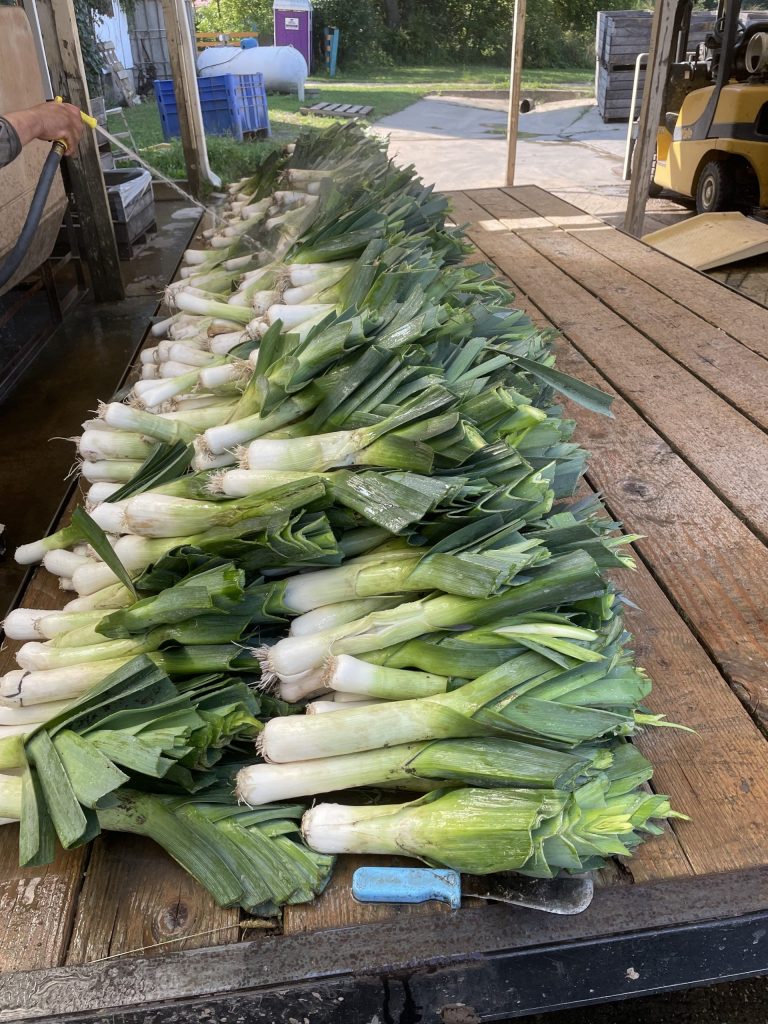
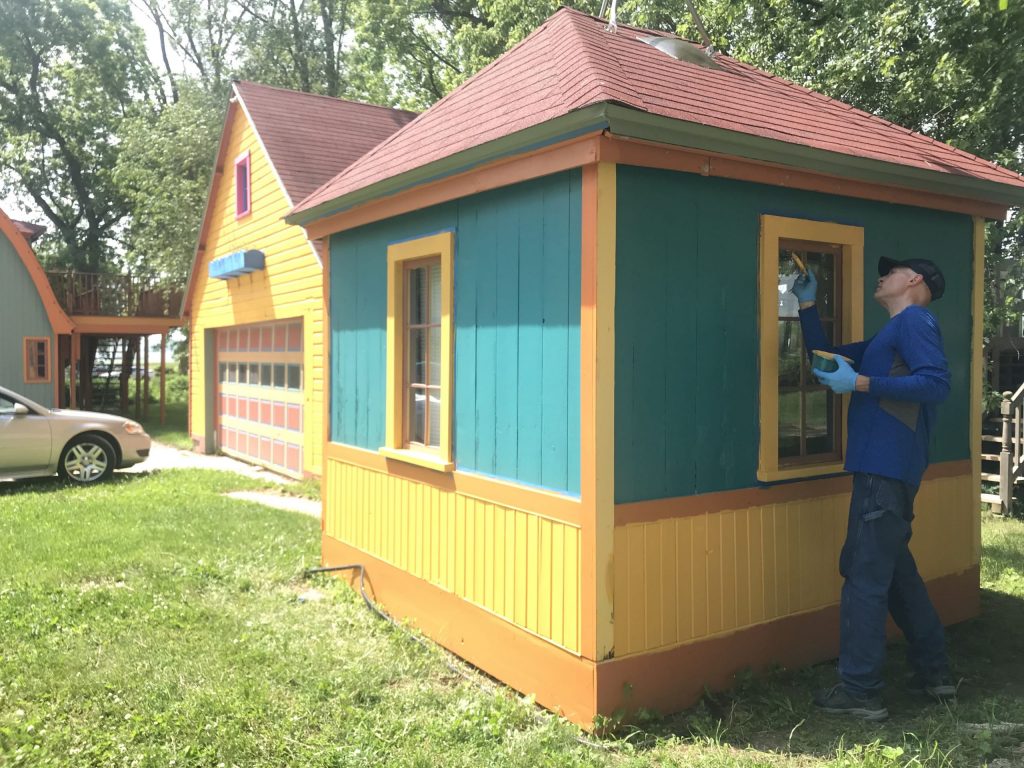
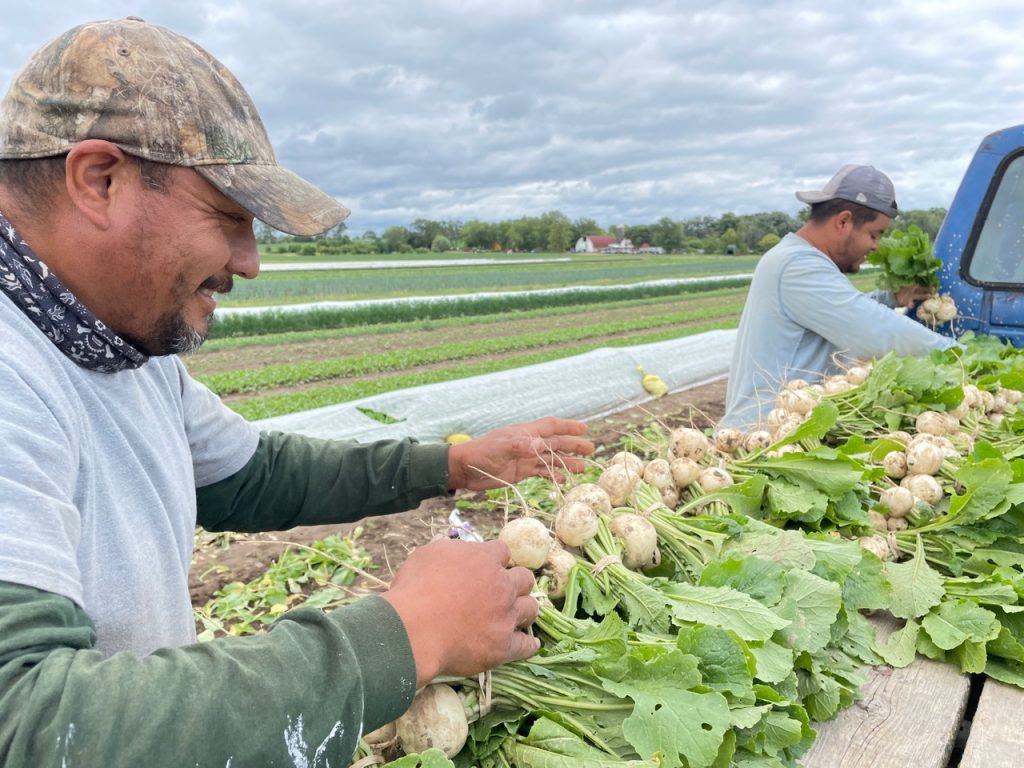
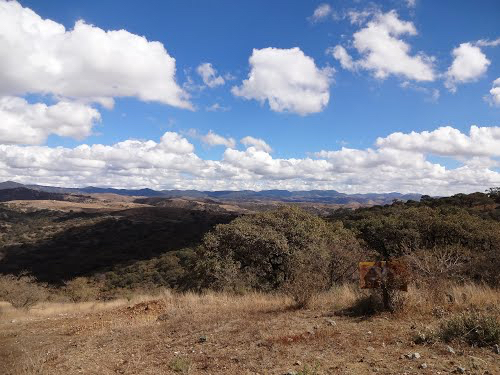
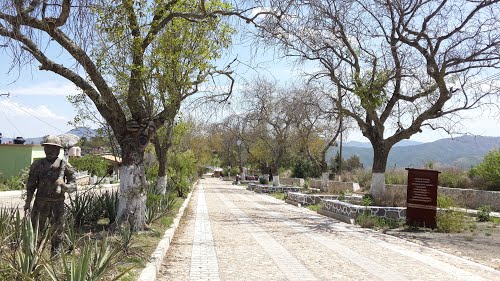
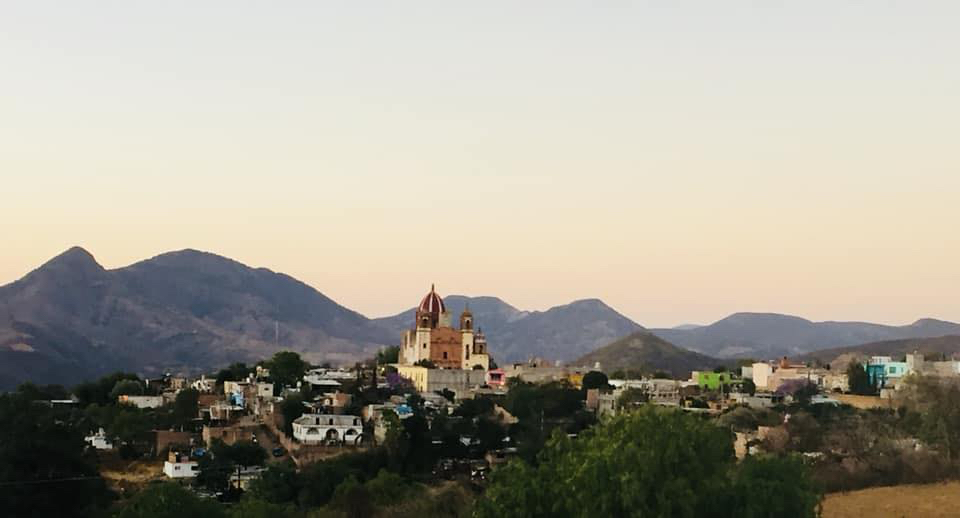

I love Farmer John’s letters….and his tribute to Pollo!
Thank you!
Thanks, Regina. Pollo is a shining star, whose humility only makes him shine brighter.
Delightful! Thank you!
Lou, Wondering when is the last time we saw each other.
John…you are such a talented writer…always enjoy it…
Nice to receive this compliment from my cousin, Diane.
Thanks for such a sweet story and details!
You are welcome. I could have written a whole chapter of details about Pollo.
Thank you Pollo for sharing your goodness and wisdom .
It would also be nice to hear from Carmella 🙂
Ah, to hear from Carmella…interesting. I think the shyness and the embarrassment we both felt around the event is part of the mystery, an important element of the story. Many hidden things should be brought to light, not sure if this is one of them. If a reader finishes a story with questions, that can be a successful story.